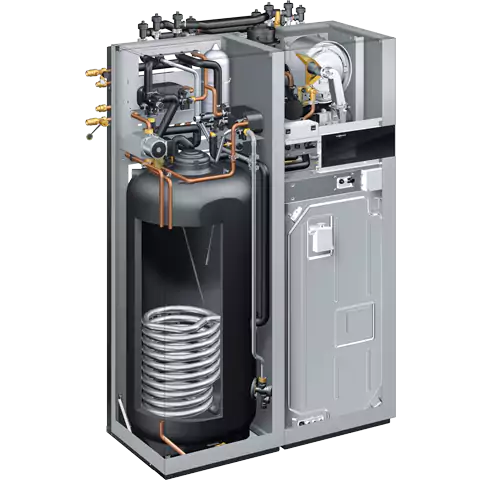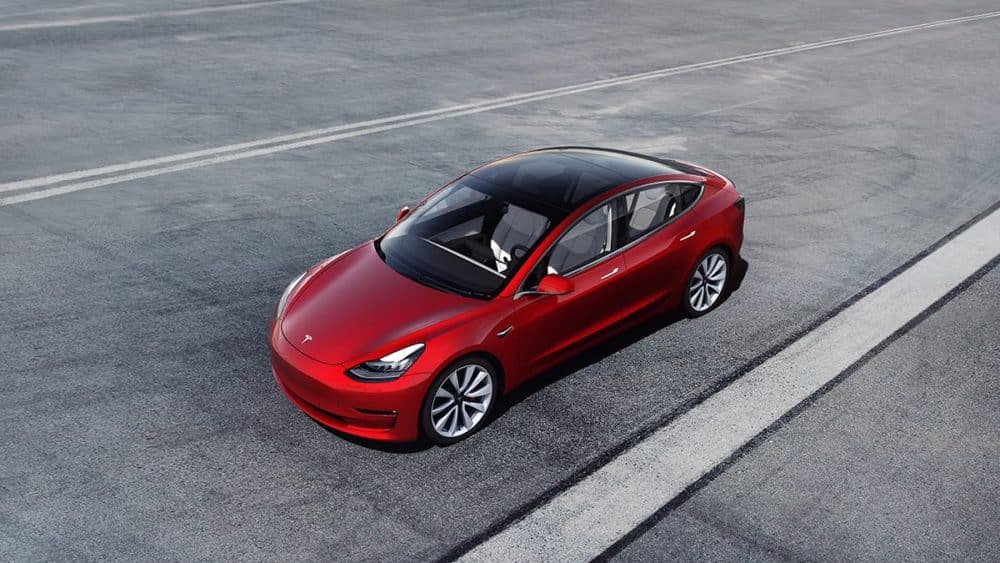Remember the days when you used to wake up to the hiss of a steam turbine in the back yard? I don’t. Steam turbines are not practical for residential use, therefore they didn’t make it into the residential sector.
The German-based heating and power solutions company Viessmann has developed a combined heat and power system for use in your own home called the Vitovalor PT2, and they claim it could save you up 40% on energy costs.
The Vitovalor fuel cell system generates both heat and electricity by combining the fuel (natural gas in this case) with an oxygen. Heat is a byproduct of the electricity generation process, if you’d like to call it that. However, it is a significant amount of heat, therefore it is certainly a heater in its own right.
Learn About Heater Power Consumption On Kompulsa
The Viessmann fuel cell generators can provide up to 30.8 kW of heat (which translates to 105,089 BTU), which is sufficient for some (average-sized) homes and 18 kW of electricity. The Vitovalor PT2 is powered by a Panasonic fuel cell unit and can be used to recharge an optional Vitocharge energy storage unit (this is essentially a large lithium-ion battery pack).

Apart from the energy savings, fuel cell generators offer the benefit of quiet operation, as they are solid-state. Conventional natural gas-powered generators will either keep your eyes open at night with the loud hiss of steam, or the growl of a combustion engine. That doesn’t cut it for continuous residential use.
This technological advancement is not just a win for the future of the natural gas industry over the long term, but it is a win for off-grid renewable energy generators. Off-grid solar energy systems can either be backed up with batteries recharged by solar panels, or by a generator.
Conventional gasoline and diesel-powered generators are noisy and expensive. Therefore quieter, more efficient systems like this could help to facilitate the growth of the off-grid solar power market. The effect of this is going to be hinged on the initial cost of the Vitovalor, provided that it actually is as cost-effective as Viessmann says it is.








